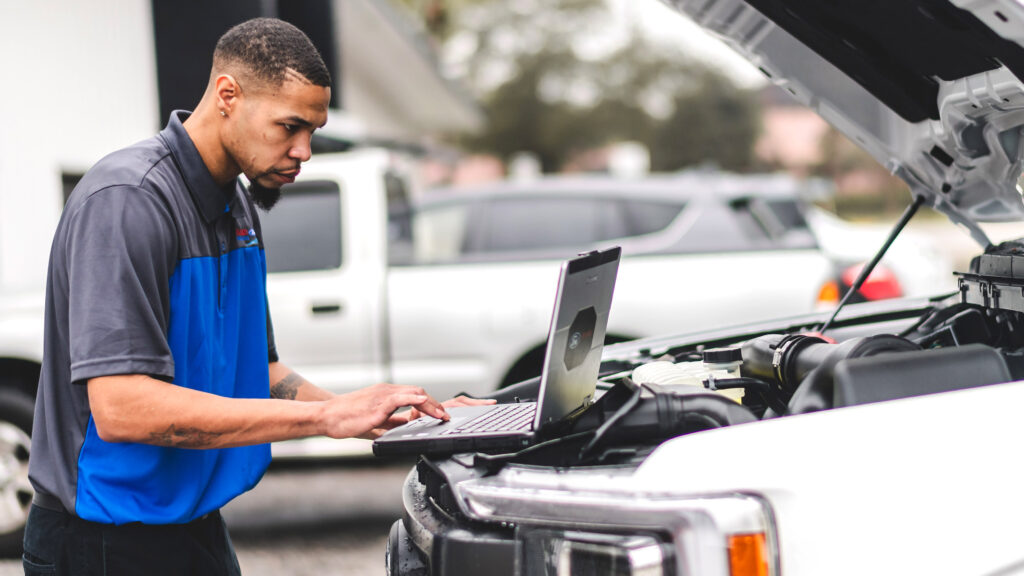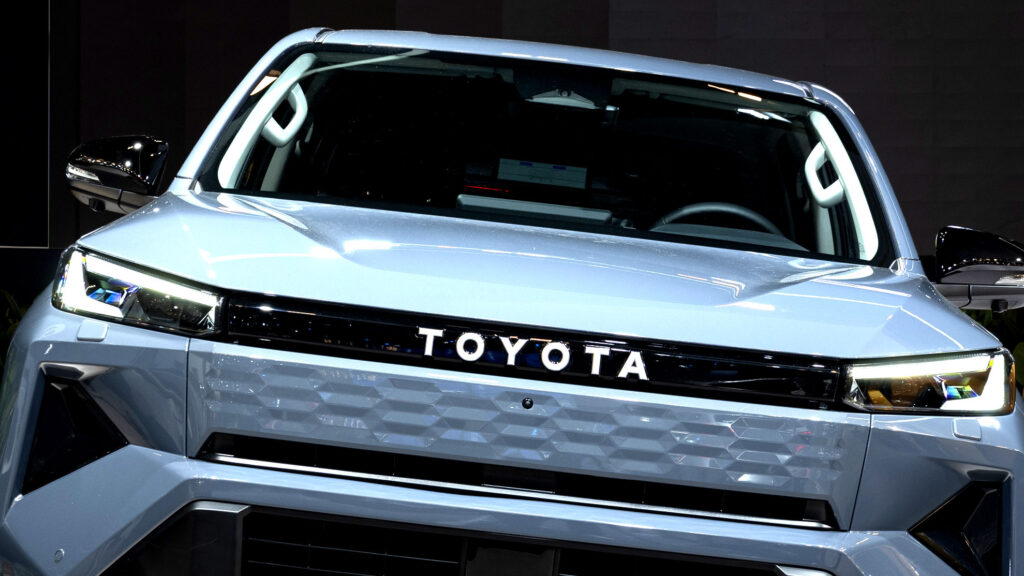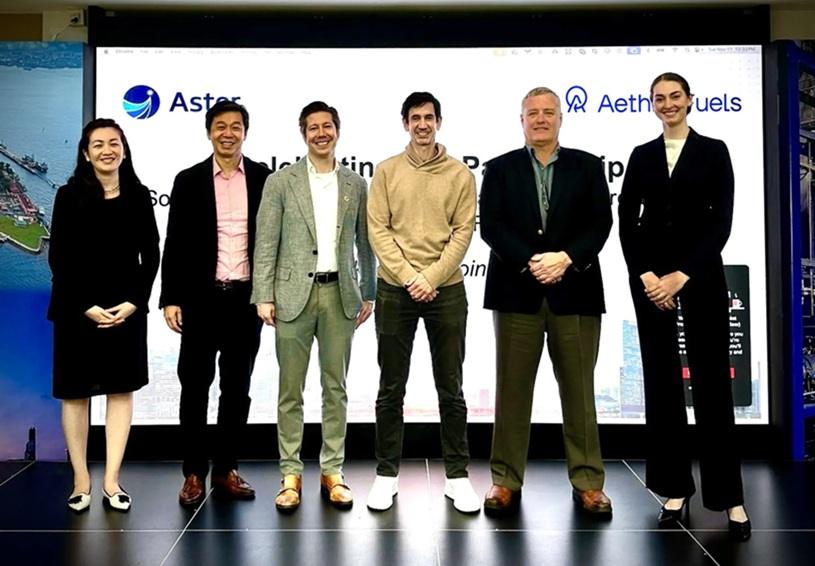The transition to electric boats in New England's aquaculture sector signifies a pivotal shift towards sustainability in marine operations. As operators like Chad Strater and Willy Leathers adopt electric workboats for oyster farming, they address the pressing need to reduce greenhouse gas emissions from traditional petroleum-powered vessels. With Maine's extensive coastline, the move to electric propulsion not only mitigates pollution but also enhances operational efficiency through quieter, cleaner technology. Strater emphasizes that this innovation is driven by necessity, as electric boats are tailored to meet the specific demands of aquaculture while fostering community goodwill. The challenge remains, however, as the upfront costs and limited charging infrastructure hinder broader adoption across the industry.
The key takeaway from this electrification effort is the potential for long-term economic and environmental benefits, despite initial financial hurdles. Early adopters are leveraging grants and innovative financing solutions, such as the "marine green" loan program, to make electric propulsion more accessible. As Strater and Leathers gather performance data, they aim to demonstrate the viability of electric boats, which could lead to a broader acceptance within the aquaculture community. However, the success of this transition hinges on developing robust charging infrastructure and addressing the complexities of rural energy access. As the industry evolves, the experiences of these pioneers may catalyze a larger movement towards sustainable practices in marine operations, ultimately reshaping the future of aquaculture in Maine and beyond.









